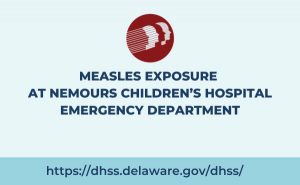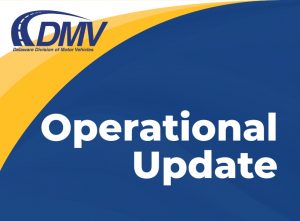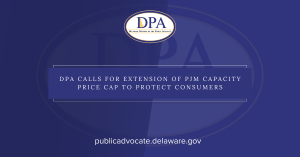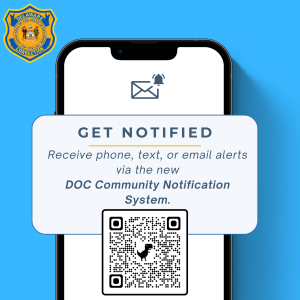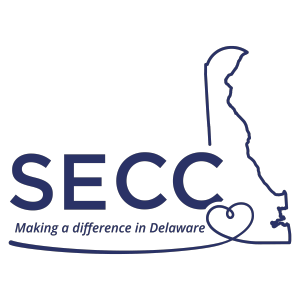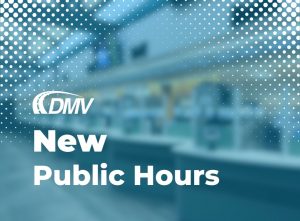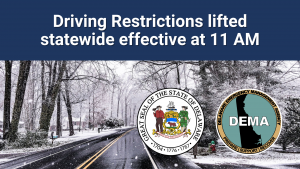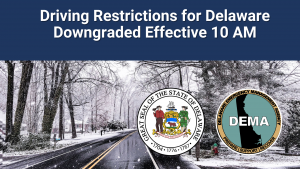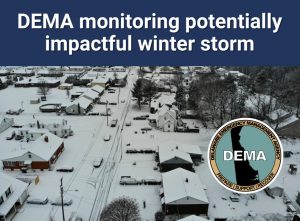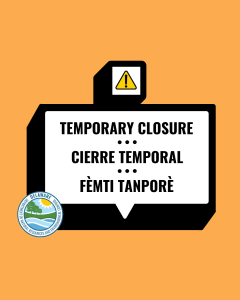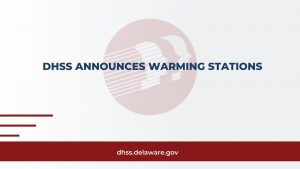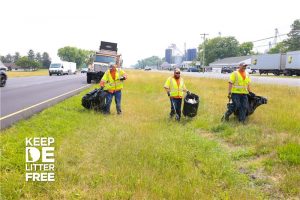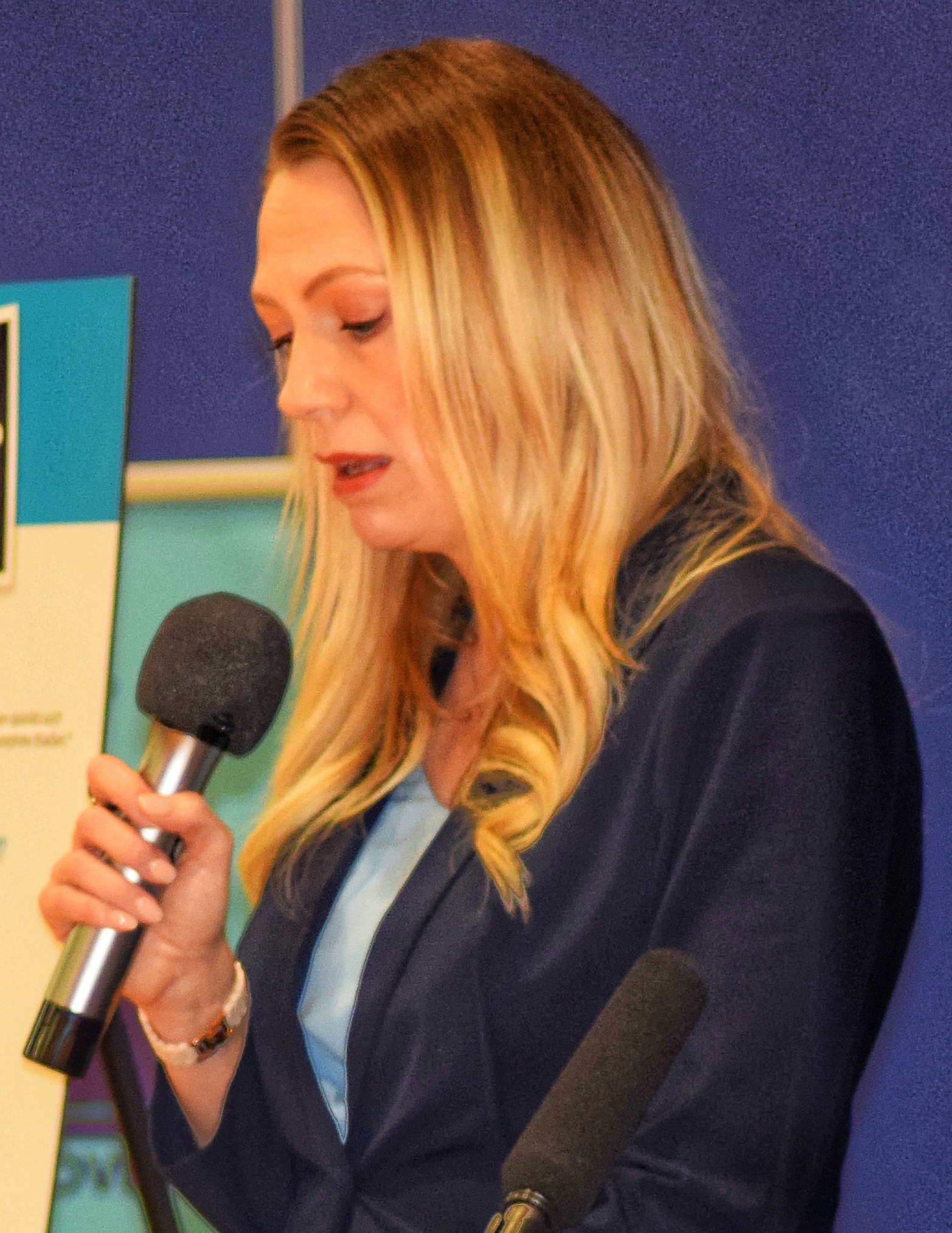
MILFORD (June 6, 2023) – Lieutenant Governor Bethany Hall-Long and leaders from the Department of Health and Social Services (DHSS), Department of Education (DOE), and Department of Services for Children, Youth and their Families (DSCYF) led a community response briefing on Friday to provide the latest information regarding the state’s efforts to address substance use among Delaware youth, and to highlight innovative educational and outreach programs taking place across the state in coordination with schools and community partners.
Organized by the DHSS Division of Substance Abuse and Mental Health, these quarterly briefings aim to inform the public about the State’s ongoing work to reduce overdoses and respond to the opioid epidemic.
“As a mom, nurse and professor, I want our kids to be on the best possible path. That path begins with prevention and engagement. I will continue to work with our state agencies, community advocates and partners to deliver a behavioral health system that works for everyone – that’s what our kids deserve,” said Delaware Lt. Governor Bethany Hall-Long and Chair of the Behavioral Health Consortium. “Today, we examined the numbers around youth substance use and prevention, and it’s so important to back up that data with action. A strong, healthy Delaware means everyone has the chance to be successful and follow their dreams and that starts with our kids.”
DOE Secretary Mark Holodick and DSCYF Secretary Josette D. Manning opened the event and underscored the need to assure the safety of Delaware youth.
“Our schools in Delaware have a unique opportunity to provide education to students and families about avoiding substance abuse. Students spend an average of 1,000 hours each year in school, so we know that schools need to be an active partner in helping our kids and their families navigate the changing landscape of substance abuse,” Secretary of Education Mark Holodick said.
Dr. Rochelle Brittingham, Associate Scientist for the Center for Drug & Health Studies at the University of Delaware shared data from the most recent Youth Risk Behavior Survey (YRBS). While self-reported drug use among school-aged individuals has decreased in Delaware, attitudes about drug use are becoming more casual, which raises concerns, noted Dr. Brittingham. Only 56% of high schoolers think using prescription drugs without a prescription poses a great risk, while 37% believe it poses slight or moderate risk, and 7% believe it poses no risk at all, according to the YRBS in 2021.
Data from the Centers for Disease Control and Prevention show that although middle school and high school aged youth in the U.S. reported using fewer illicit drugs in 2020, there was a 94% increase in overdose deaths from 2019 to 2020 among this age group and a 20% increase from 2020 to 2021.
DSCYF Secretary Manning pointed to the CDC statistic that shows median monthly overdose deaths among individuals aged 10 to 19 years old increased 109% from 2019 to 2021.
“The data is shocking,” DSCYF Secretary Josette D. Manning said. “We must take action to help our children. The best way for parents to safeguard their children is to educate themselves and to talk openly with their children about drugs and alcohol, long before they start experimenting with it.”
Despite reporting less illicit drug use among this population overall, the CDC points to the potency of the drugs as a major contributing factor to the increase in overdose deaths among youth. Approximately 90% of overdose deaths involved opioids, and 83.9% involved illicit manufactured fentanyl.
The Division of Public Health’s Chief Physician Dr. Michael Coletta underscored the need for the community to support adolescents and teens by implementing programs to prevent adverse childhood experiences. The Division of Public Health created the #MyReasonWhyDE social media campaign to provide teens a platform to share their reason to remain drug free and embrace a resilient mind frame.
Sabra Collins, education associate for physical education, health and wellness for the Delaware Department of Education provided updates regarding new regulations supporting substance use prevention education (referred to as Regulation 551), news about mental health literacy, and information on drug and alcohol training courses provided by the agency.
DSAMH Director Joanna Champney highlighted the Talk2KidsAboutDrugs toolkit. The toolkit can help inform parents, caregivers and educators about substance use and addiction risks among teens. The toolkit, available at HelpisHereDE.com, contains resources such as facts sheets, educational materials, and social media messaging that schools can implement to support drug and alcohol prevention. Parents and educators can find the full toolkit at www.helpisherede.com/talk-2-kids-about-drugs.
Tom Morrison, Family Services Program Administrator with DSCYF’s Division of Prevention and Behavioral Health Services advised parents to make their home as safe as possible by securing medication, safely disposing of medications, and to consider obtaining Narcan and training on when and how to use it if there are opioids or opioid users in the child’s life.
Peggy Geisler, Executive Director of the Sussex County Health Coalition, shared how her organization serves as a catalyst for state agencies, community-based organizations and health care providers to support a wide breadth of initiatives, programs, resourcing, and education for community-based issues concerning social determinants of health. The coalition’s campaign Delaware Goes Purple reaches 100,000 Delawareans and encourages them to stand up, to erase the stigma around addiction and support people who need it most.
“We know that young people’s brains are still developing well into their early 20’s, and education alone is not enough during years when impulse control is still developing. So providing meaningful activities for teens is crucial. The more we can build social safety nets around our teens, where they connect with caring adults and learn positive skills, the more we lower the risk of teens turning to unhealthy behaviors,” DHSS Secretary Molly Magarik said.
To help address behavioral health needs of Delawareans, DHSS has several ways for individuals or their family members to connect:
• Call the 24/7 Delaware Hope Line at 1-833-9-HOPEDE or 1-833-946-7333 – a single point of contact in which callers can connect to a variety of resources and information, including support from clinicians and peer specialists plus crisis assistance.
• Stop by one of DHSS’ Bridge Clinics for an in-person assessment.
• Visit TreatmentConnection.com to find out which treatment providers are located near you.
• Visit HelpIsHereDE.com, DHSS’ one-stop website where Delawareans can search for treatment services and resources in Delaware or nearby states.
• Call 988 if the individual is in crisis and needs immediate support.
• Call 911 if someone has overdosed and needs emergency medical attention.
• Learn where to find Narcan training, get the medication through the mail, and download the OpiRescueDE App here.
Delaware Health and Social Services is committed to improving the quality of the lives of Delaware’s citizens by promoting health and well-being, fostering self-sufficiency, and protecting vulnerable populations.


